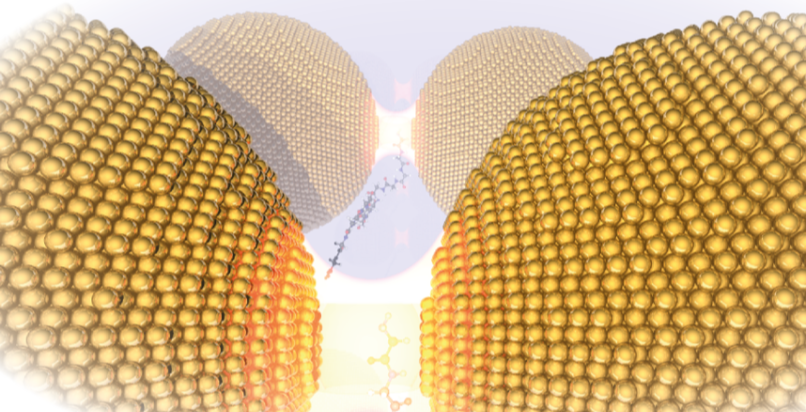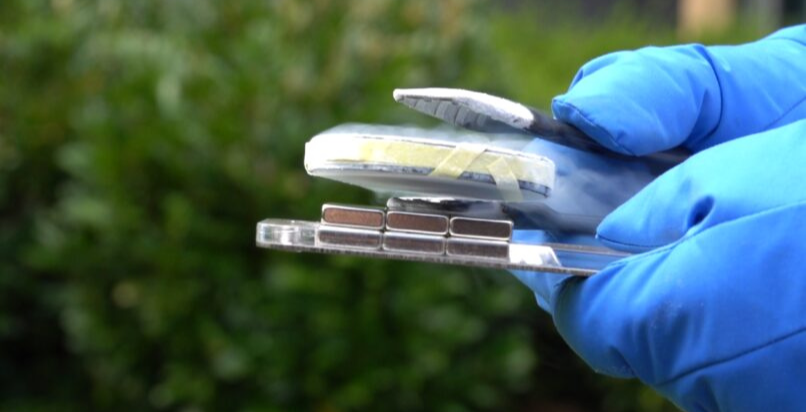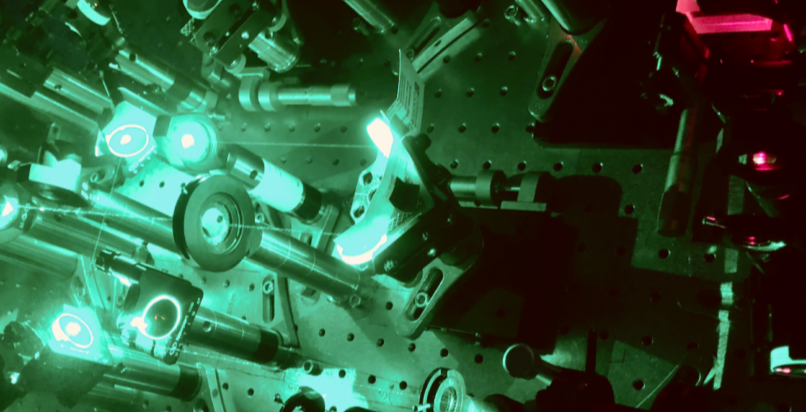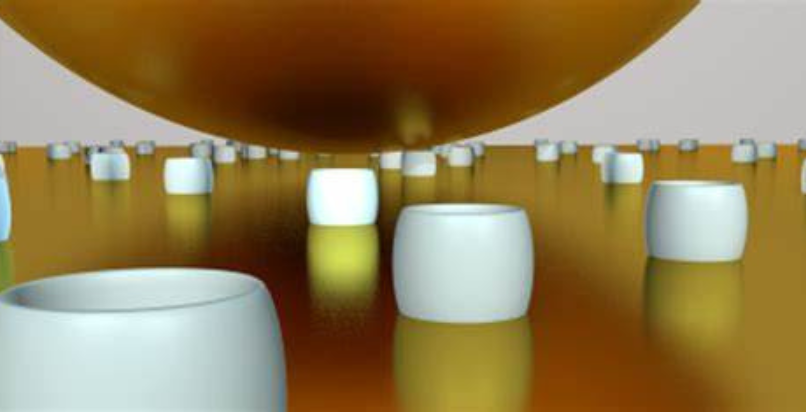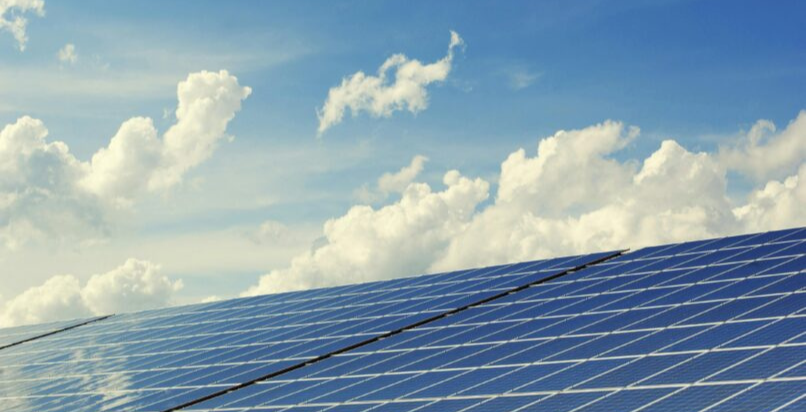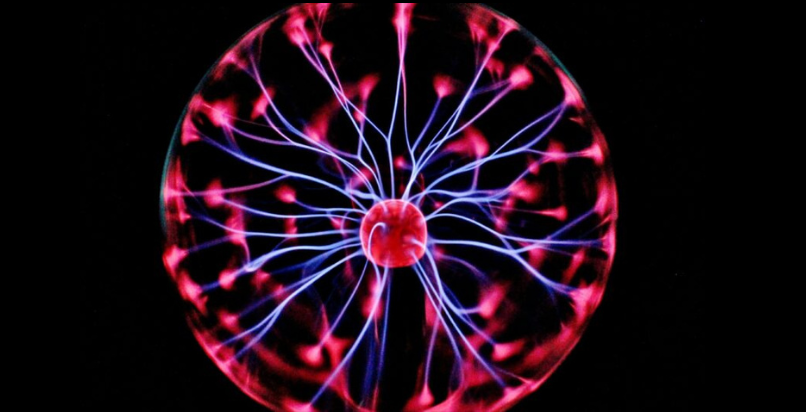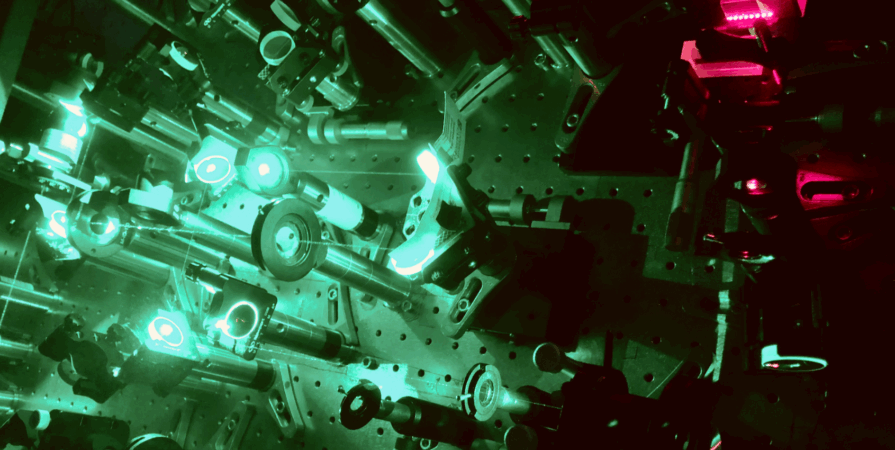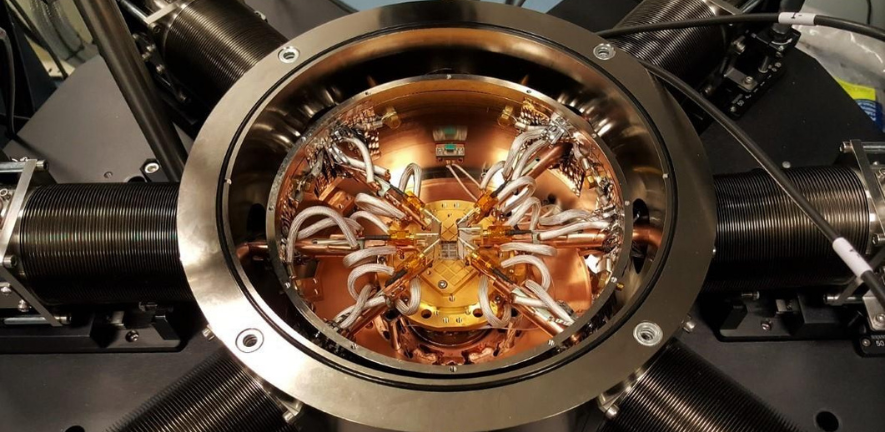Research area: Energy generation
There remain huge opportunities for improving the energy conversion efficiency of renewable electricity generation and to develop new ways for harvesting solar photons and other, currently unused energy sources.
Photovoltaics
We study the optoelectronic physics of new, soft functional materials, including organic and hybrid organic-inorganic semiconductors and their use in solar cells and novel device concepts for harvesting solar energy. We are also developing novel high efficiency photovoltaic device concepts based on III-V semiconductors, for space and other applications.

Ultrafast optical spectroscopy and microscopy
We develop and use time-resolved optical spectroscopy and microscopy techniques that probe the fundamental optoelectronic processes in novel energy materials with sub-10fs time and sub-10 nm spatial resolution providing powerful insight into the operation of a broad range of energy devices.

Thermoelectric physics of soft functional materials
2/3 of our primary energy is currently wasted as heat. We research new thermoelectric materials and device concepts for converting waste heat into useful electricity. The unique characteristics of organic and hybrid organic-inorganic semiconductors could enable more efficient thermoelectrics, but the relevant physics needs to be better understood.
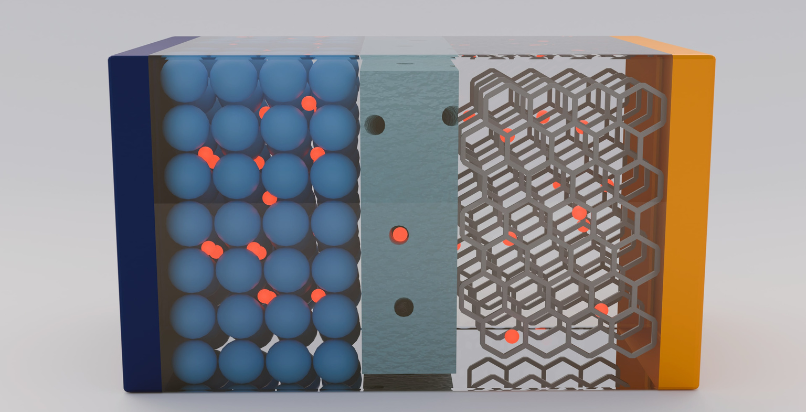
Molecular Nanoscale Mechanics
We investigate the mechanical properties of organic macromolecular systems using nanoscale metrology and atomic force microscopy and realize new micro/nanofabricated resonant mechanical devices that convert mechanical into electrical energy.
